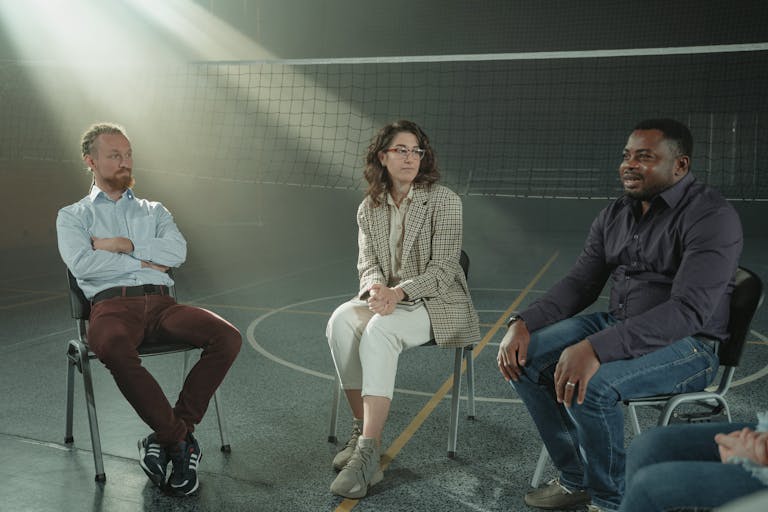You wake up and check your phone. By lunchtime, you’ve toggled between five apps, answered dozens of notifications, and still feel like nothing’s done. Sound familiar?
You’re not alone. Tech overload is the silent productivity killer of our time. We’re surrounded by devices designed to keep us connected—but too often, they leave us distracted, drained, and anxious.
It’s time to take back control.

The Hidden Cost of Constant Connectivity
Our brains are not built for constant digital stimulation. Every ping, scroll, and screen shift splinters our focus and exhausts our mental energy.
Research shows that multitasking with tech lowers IQ, slows performance, and increases cortisol—the stress hormone.
If you’ve felt foggy, restless, or unproductive despite being “busy,” tech overload might be the reason.
7 Simple Ways to Break Free from Tech Overload
1. Schedule Screen Breaks Like Meetings
Use the “Pomodoro Technique” or set alarms to unplug every 25–30 minutes. Just a few offline minutes can reset your mind.
2. Design a Device-Free Zone
Pick one space—your bedroom, kitchen, or even a corner of your living room—as a no-tech zone. It creates a mental boundary and helps reduce overstimulation.
3. Disable Non-Essential Notifications
Be ruthless. Turn off anything that doesn’t directly impact your work or family. You don’t need to know about every like, mention, or sale.
4. Replace Tech with Analog Tools
Use a physical notebook for your to-do list. Read a printed book. These small swaps reduce screen time while increasing mindfulness.
5. Batch Your Online Tasks
Instead of checking email or messages all day, designate specific times for it. Batching preserves mental energy and builds focus.
6. Set App Limits
Use built-in tools like Screen Time (iOS) or Digital Wellbeing (Android) to monitor and limit time on your most distracting apps.
7. Start and End Your Day Offline
Avoid checking your phone first thing in the morning or right before bed. These times are crucial for setting and closing your mental state.
The Benefits of Tech Boundaries
- Sharper focus: You’ll notice deeper concentration and faster task completion.
- Improved sleep: Less blue light and late-night scrolling means better rest.
- Reduced anxiety: Less comparison, fewer alerts, and more peace of mind.
- More time: What could you do with the hours you usually spend mindlessly scrolling?
Q: How do I know if I’m experiencing tech overload?
A: Signs include mental fatigue, inability to focus, compulsive phone checking, and feeling “busy” but unproductive.
Q: Do I need a full digital detox?
A: Not necessarily. Even small consistent breaks—like 20-minute screen-free walks or offline mornings—can make a big difference.
Your attention is your most valuable asset. Start protecting it by reducing tech overload today. Take just one tip from this article and apply it—your brain will thank you.

I’m EKBAL HOSSAIN MONDAL, the creator of SmartSolveTips.com — a blog dedicated to helping people improve productivity, avoid digital burnout, and live better online. With years of hands-on experience in self-development and digital wellness, I write practical tips and tools to help you stay focused and thrive in a fast-paced digital world.






